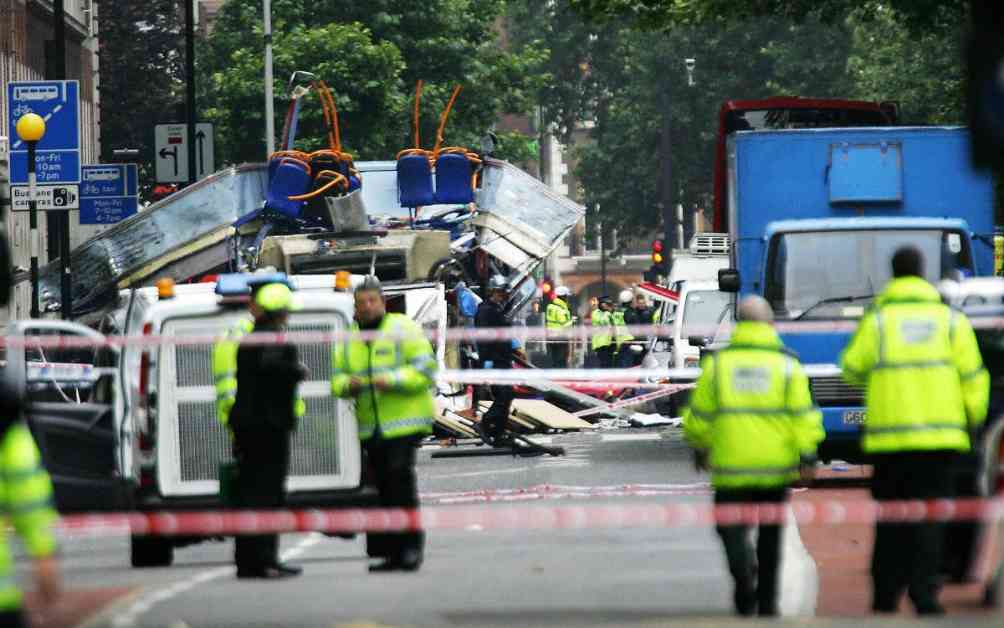Remembering the 7/7 London Bombings: A Day of Tragedy and Resilience
For commuters heading to work on the morning of 7 July 2005, the day had begun unremarkably. It was lightly raining, a Thursday, and London had just hours before been named as the host city for the 2012 Olympics. Newspapers carried rare good news, celebrating Britain’s victory. Yet, within hours, those jubilant announcements would become little more than a footnote in the memories of those caught up in the tragedy that followed.
Shortly before 9 am, four young suicide bombers attacked London’s Underground and bus system, killing 52 passengers and injuring more than 770 people. Confusion, panic, and then terror gripped the capital, as survivors emerged from tube stations with lost limbs, often supporting their fellow travelers who were caked in dust. It soon became clear that Britain was facing its worst terrorist attack since the 1988 Lockerbie bombing.
Terror group Al-Qaeda soon claimed responsibility, with a series of attempted bombings in the following weeks leading to heightened tensions, tragically resulting in the police shooting dead an innocent man – Jean Charles de Menezes at Stockwell tube station.
**The Morning of Terror Unfolds**
**4am – 9am: Preparing for Destruction**
Bombers leave their rented flat in Leeds, gather explosives, and head towards London.
**8:49am: Explosions Rock the Underground**
Three bombs explode on the Underground within 50 seconds of one another, causing devastation.
**9:47am: Bus Bombing in Tavistock Square**
Hussain detonates his device on a bus, killing 13 and injuring 110.
**Survivors’ Stories and Memories**
One survivor, Michael Henning, shared how missing his usual train saved his life that day. He vividly recalled the chaos and carnage, highlighting the resilience and strength of those who managed to escape the horror. Another survivor, Terry O’Shea, described the terrifying moments inside the train after the explosion, emphasizing the panic and confusion that followed.
**Eyewitness Accounts of Tragedy**
Mandy Yu, who was on a Tube service near King’s Cross station, described the harrowing experience of being trapped in the dark with thick soot flooding through the train. Ayobami Bello, a security guard, witnessed the bus explosion at Tavistock Square, recounting the horrific scene of bodies and chaos.
**The Aftermath and Response**
In the aftermath of the bombings, the UK government implemented significant changes to counterterrorism measures, ramping up surveillance, security funding, and legislation to prevent future attacks. The tragic events of 7/7 left a lasting impact on London and its residents, reshaping the city’s security landscape and fostering a spirit of resilience and unity in the face of adversity.












